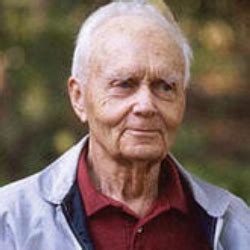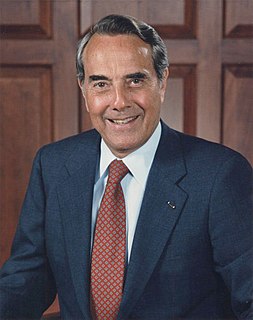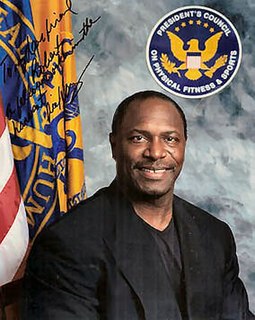A Quote by Joseph Chilton Pearce
What we are teaches the child far more than what we say, so we must be what we want our children to become.
Related Quotes
As you consider whether to move a child into formal academic training, remember that we want our children to do more than just learn how to read and write; we want them to learn in such a way that they become lifelong readers and writers. If we push our children to start learning these skills too far ahead of their own spontaneous interest and their capacity, we may sacrifice the long-range goal of having them enjoy such pursuits.
It really is true the Lord's way is to love the sinner while condemning the sin. That is to say we continue to open our homes and our hearts and our arms to our children, but that need not be with approval of their lifestyle. Neither does it mean we need to be constantly telling them that their lifestyle is inappropriate. An even bigger error is now to become defensive of the child, because that neither helps the child nor helps the parent. That course of action, which experience teaches, is almost certainly to lead both away from the Lord's way.
For more than 160 years, through the initiative of the French bishop Charles de Forbin Janson, the childhood of Jesus has become the icon for the commitment of Christian children who help the Church in her task of evangelization by prayer, sacrifice and gestures of solidarity....Thousands of children meet the needs of other children, driven by the love that the Son of God, become a child, brought to the earth. I say thanks to these little ones and I pray that they will always be missionaries.
Parental love is not contingent on the talents and attributes the child happens to have. We choose our friends and spouses at least partly on the basis of qualities we find attractive. But we do not choose our children. Their qualities are unpredictable, and even the most conscientious parents cannot be held wholly responsible for the kind of child they have. That is why parenthood, more than other human relationships, teaches what the theologian William F. May calls an “openness to the unbidden.
The state is now more involved than it ever has been in the raising of children. And children are now more neglected, more abused and more mistreated than they have been in our time. This is not a coincidence. This is not a coincidence. And with all due respect, I am here to tell you it does not take a village to raise a child. It takes a family to raise a child.
Each of us must come to care about everyone else's children. We must recognize that the welfare of our children and grandchildren is intimately linked to the welfare of all other people's children. After all, when one of our children needs lifesaving surgery, someone else's child will perform it. If one of our children is threatened or harmed by violence, someone else's child will be responsible for the violent act. The good life for our own children can be secured only if a good life is also secured for all other people's children.
Children are our crop, our fields, our earth. They are birds let loose into darkness. They are errors renewed. Still, they are the only source from which may be drawn a life more successful, more knowing than our own. Somehow they will do one thing, take one step further, they will see the summit. We believe in it, the radiance that streams from the future, from days we will not see. Children must live, must triumph. Children must die; that is an idea we cannot accept.
Please don't kill the child. I want the child. Please give me the child. I am willing to accept any child who would be aborted, and to give that child to a married couple who will love the child, and be loved by the child. From our children's home in Calcutta alone, we have saved over 3,000 children from abortions. These children have brought such love and joy to their adopting parents, and have grown up so full of love and joy!
I think, she began quietly, I think we want... not just bread for our bellies. We want more than only bread. We want food for our hearts, our souls. We want- how to say it? We want, you know- Puccini music.... we want for our beautiful children some beauty. She leaned over and kissed the curl on her finger. We want roses.
I will say broadly that I have more confidence in the spiritual life of the children that I have received into this church than I have in the, spiritual condition of the adults thus received. I will even go further than that, and say that I have usually found a clearer knowledge of the gospel and a warmer love of Christ in the child-converts than in the man-converts. I will even astonish you still more by saying that I have sometimes met with a deeper spiritual experience in children of ten and twelve than I have in certain persons of fifty and sixty.




































